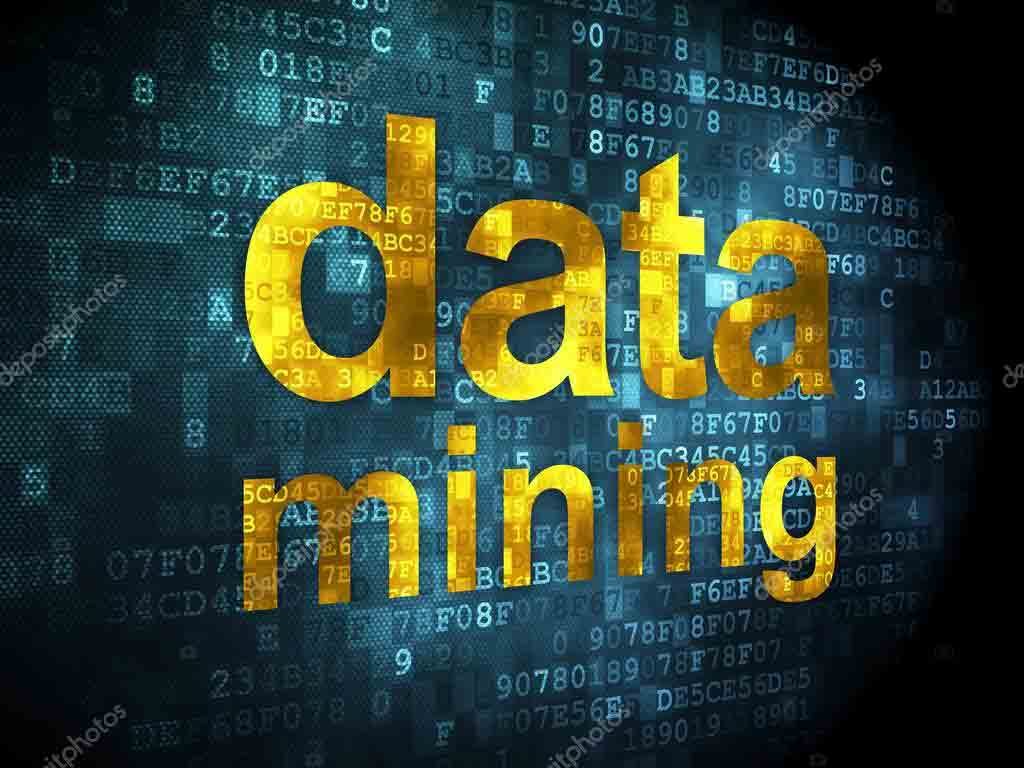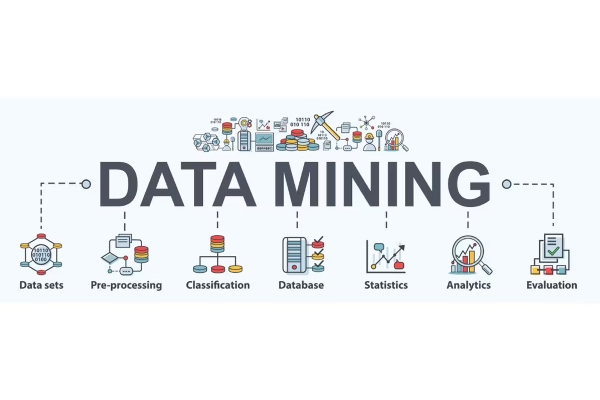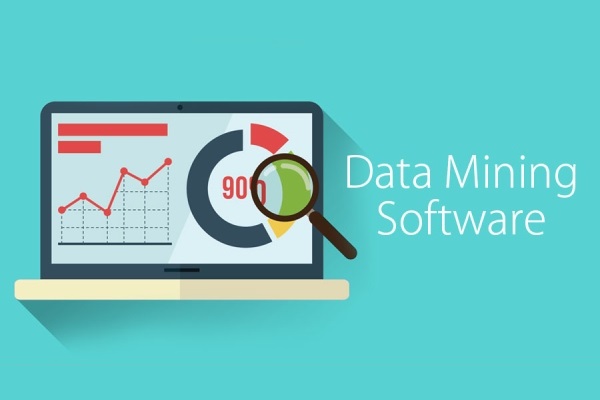Data Mining
Data mining is the process of discovering meaningful patterns, trends, and insights within vast datasets, unveiling valuable knowledge that can inform strategic decision-making. By employing advanced statistical algorithms, machine learning, and artificial intelligence techniques, It extracts valuable information from raw data. This transformative practice is instrumental in various fields, including business, finance, healthcare, and scientific research. It enables organizations to uncover hidden patterns, predict future trends, and optimize processes, ultimately enhancing efficiency and facilitating informed decision-making. As the volume of data continues to grow, It plays a pivotal role in unlocking the potential within this wealth of information.

Key Concepts of Data Mining

Data Collection
The foundation of data mining lies in the acquisition of vast datasets from diverse sources. This includes structured data from databases, unstructured data from text documents, and semi-structured data from sources like XML files.

Data Cleaning
Before analysis, raw data often requires preprocessing to handle missing values, eliminate duplicates, and address inconsistencies. Data cleaning ensures the accuracy and reliability of the information used in the mining process.

Data Analysis
Exploratory Data Analysis (EDA) involves visualizing and summarizing data to understand its underlying structure. This step helps identify patterns, trends, and potential outliers, providing insights that guide subsequent mining activities

Data Transformation
Transforming data into a suitable format for analysis is crucial. Techniques include normalization, discretization, and encoding. Transformation enhances the quality of data, making it conducive to various mining algorithms.




Data Minings
The foundation of data mining lies in the acquisition of vast datasets from diverse sources. This includes structured data from databases, unstructured data from text documents, and semi-structured data from sources like XML files.

Pattern Evaluation
Extracted patterns need evaluation for relevance and significance. Metrics like accuracy, precision, recall, and F1-score are used to assess the performance of mining models and determine the quality of discovered patterns.

Modal Deployment
Successful patterns are deployed into practical applications, allowing organizations to benefit from the insights gained. Deployed models may be integrated into decision support systems, business intelligence tools, or other applications

Cross Validation
To ensure the generalizability of models, cross-validation techniques validate their performance on different subsets of the dataset. This minimizes the risk of overfitting and ensures that the model performs well on unseen data.